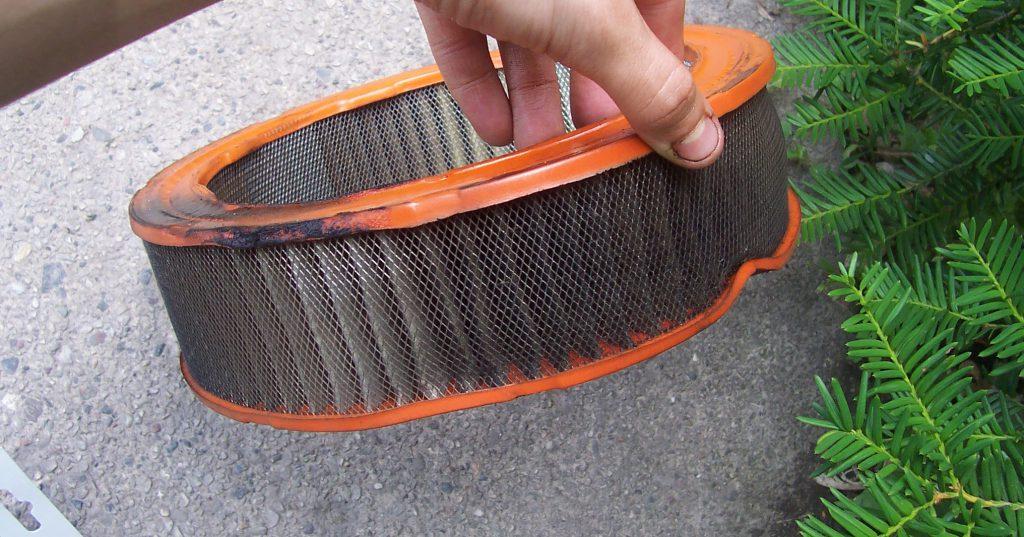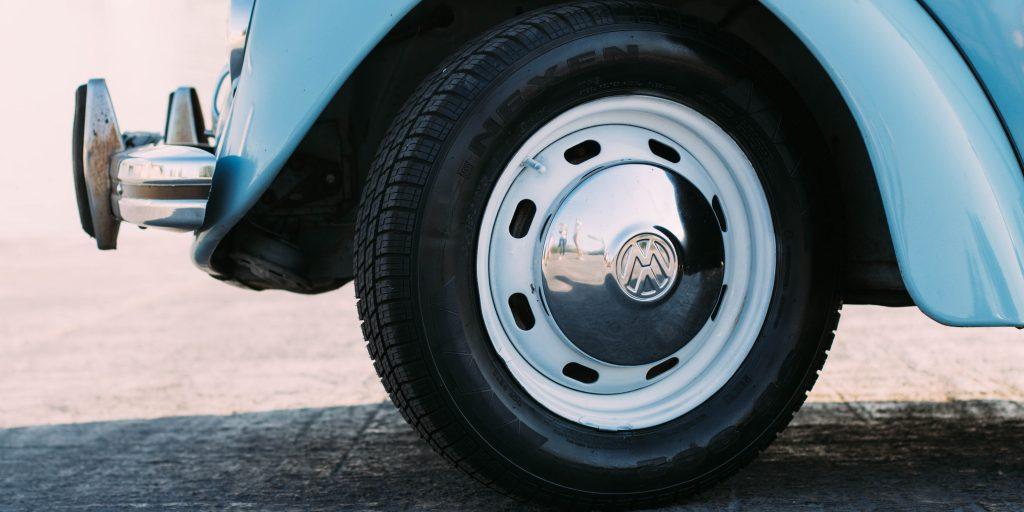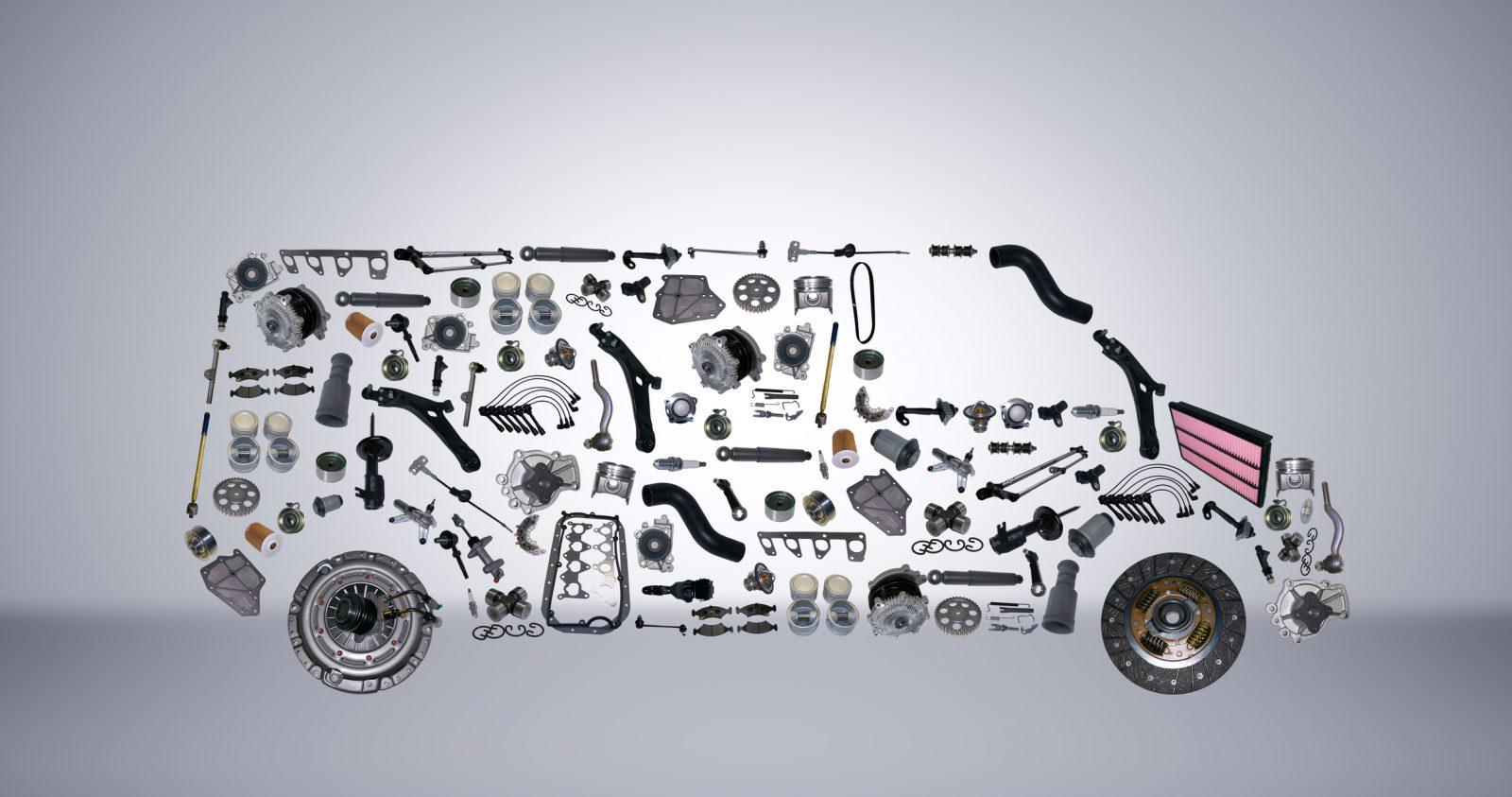Several questions peep into one’s mind when suddenly the car’s fuel economy turns bad. For instance, what’s the source of the problem? Is it the driving method, engine oil, or vehicle’s component, that’s causing bad fuel economy?
To know the exact reasons, here we’ve caught the candidates of Car’s Components, which are highly responsible for affecting the vehicle’s mileage.
Contents
Important Car Parts for Fuel Economy
After spending a hefty amount of money on fuel daily, if you’re now looking for certain ways to save those bucks, try swapping the worn parts. Or else, pitch into a few essential maintenance tips of car parts to boost the mileage.
1. Oxygen sensor
All the cars manufactured after 1995 have this component mounted in the exhaust system. Calculating the exhaust flow before and after the catalytic converter, the component sends the information to the car computer (adjusting the fuel injection based on the data).
However, if this car component that affect gas mileage is not working properly, the transmission of inaccurate data will directly affect the gas mileage.
2. Mass airflow sensor
The most critical component contributing to fuel efficiency is MAF. Measuring the amount of fuel entering the engine, the Mass Airflow Sensor transmits the calculated data to the vehicle’s computer.
Here, if the bad MAF throws the outbalance calculation; it typically affects the fuel injection, resulting in bad fuel economy. Therefore, scanning the computer codes is what can help you in determining the condition of the MAF.
Tip: The troubling code directed towards the MAF is a sign of a faulty component.
3. Air filter
The name “air filter” itself describes the functioning of the component. And in case, the air passes through the dirty filters continuously, this calls for the reduction in gas mileage (especially in old cars).

Therefore, replacing the air filters timely, is an easy, quick, and wise thing to do.
See more:
4. Spark plug
The new or clean spark plugs ignite the air/fuel mixture in the engine’s combustion chamber. However, during high fuel consumption, oil spilling over these plugs causes a misfire.
Besides this, when the car vibrates and struggles to accelerate, it points towards the bad mileage. Now, there are two reasons for the awful fuel economy; either the Worn out Ignition Coil or, the dead spark plug. And, usually, it’s the bad ignition coil, resulting from the engine’s heat.
5. Tires
Fuel efficiency and car handling are directly affected by underinflate, non-aligned, or worn-out tires. Responsible for maintaining friction between the vehicle and the road surface, their timely inflation, pressure, and alignment checking is a must!
Before driving, users need to align the tires according to standards and fully pump the car with the appropriate pressure level. Please note that when tires are worn or have problems, take them to the showroom for maintenance and replacement immediately.

6. Engine
An engine that is not running smoothly will cause the car to consume more gasoline than usual. Specifically, problems with the following details will affect the amount of fuel consumed on the vehicle.
Fuel injection oil plays a role in controlling the amount of air entering the engine. Injector problems cause fuel leaks, reducing the amount of fuel reaching the engine, and causing the vehicle to run less efficiently. Engine oil helps reduce friction, lubricate, and limit rust for parts. When the oil is not replaced promptly or the vehicle uses an inappropriate type of oil, the engine will heat up, operate less smoothly and cause fuel consumption.
These days, automakers have constantly improved and found many methods to improve car engines, contributing to significantly reducing fuel consumption.
How to minimize fuel consumption:
Additionally, many studies and tests on car fuel consumption have shown that the driver’s driving habits affect fuel consumption.
Vehicles that often drive in the city or brake suddenly at high speeds can consume 5% – 30% compared to vehicles that do not have this habit.
Long idle speed rotation times (Garanti) also cause fuel consumption to increase. Not only that, this also affects the life of the engine and increases emissions into the environment.
Driving at too high a speed, exceeding the vehicle’s highest speed limit, will cause the vehicle’s engine to also operate beyond the threshold and consume more energy than driving at the vehicle’s speed limit.
Finally, apart from maintaining these vehicle’s component, one can increase the fuel economy even by following certain driving tips like gradual acceleration and light braking.




Very useful indeed am personally learning alot. Kindly is possible for you to send me this and other lessons to my email address.
I didn’t know it all,its a collective piece of information.thanks..